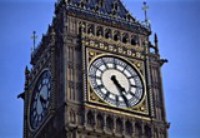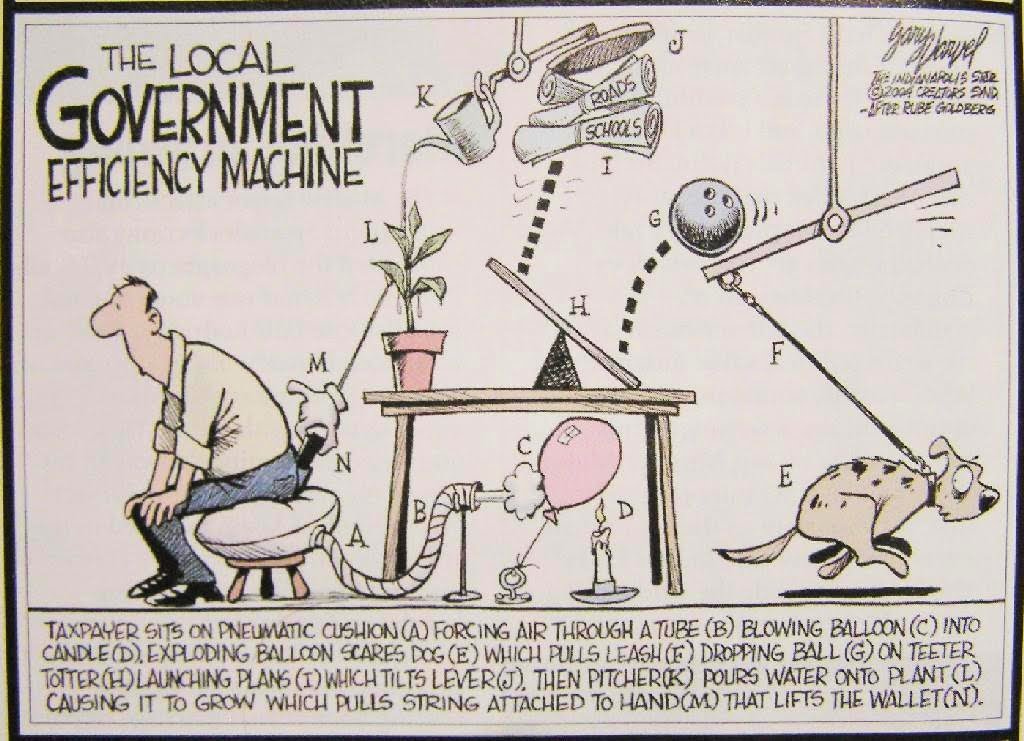|
 |

| Constitutional arrangements |
the big picture

|
The majoritarian model is characterized by
How the majoritarian model plays out:
- On election day, voters go to the polls to vote for a member of the unicameral parliament from their constituency (SMDP), choosing one candidate from those offered by the two political parties expected because of the effects of the SMDP electoral law
- At the end of the day, one of the two parties will have won an absolute majority of all the seats up for election
- The leader of that party, the party with an absolute majority of seats in the parliament, will become prime minister, choosing other party members to serve in his or her cabinet, the Prime Minister and the other ministers thus becoming the Government of the Day; the other party, having failed to achieve a majority of seats, forms the Opposition to the Majority Party
- Because of party discipline, the policies proposed by the Government of the Day receive the immediate and unanimous support of the Majority Party, thus realizing a fusion of legislative and executive power, and become law; voting together, members of the Opposition energetically but totally ineffectually oppose the Government's policies, losing on every vote but providing an education to the citizens on the failings of the Government
- Parliament, led by the Government of the Day and backed by the Majority Party, can pass any legislation it wishes; because of parliamentary sovereignty the only limit on the Government is the unlikely possibility that members of he Majority Party fail to maintain party discipline and defect (which, if done in sufficient numbers, could deny the Government the confidence of the parliament, in which case the government falls)
- Because it is a unitary government, parliament has complete authority in the state and is unlimited by subnational governments which, indeed, are created and empowered by parliament (and which may have their powers restricted or even eliminated by parliament)
Does this really matter? Yes, it should. Majoritarian government should have the following qualities--
- Majority rule--having won the most number of votes in the most number of constituencies, the Majority Party dominates parliament and so is able, with party discipline, to make those laws that its voting supporters prefer
- While the minority, the Opposition, has the right to oppose the Government of the Day and to criticize its policies, it is unable to block or even delay the Majority Party in its lawmaking
- Accountability--because all power is in the hands of the Government of the Day and its parliamentary majority, it is easy to assign blame for bad policies; if something is rotten in the state of Denmark, then it's the fault of the current Danish majority party (and it should be thrown out of office at the next election to be replaced by the opposition party)
- Speed--because all of the power is in the hands of the Majority Party it can act with lightening speed
In a system with one or more nonmajoritarian features--that is in a system that doesn't have a unicameral parliament controlled by disciplined one-party majority exercising parliamentary sovereignty in a unitary setting--the minority may be able to block or substantially delay the majority and may create enough confusion (because there is no majority in control) that it is hard for the citizens to assign blame for unfavorable conditions.
Question to consider Can you explain why any one or combination of the following nonmajoritarian features might allow the minority to block or delay the majority and make it difficult to hold government accountable?:
- a big-C Constitution
- bicameralism
- separation of powers
- proportional representation
- federalism
|
|
|
 |
 |

Gary Varvel, Indianapolis star, found at http://philosophyofscienceportal.blogspot.com/2010/07/rube-goldberg.html
|
|
|
|


